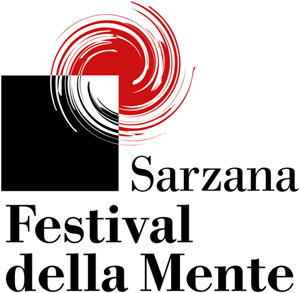2012 Programme
Event #6
Alfredo Lacosegliaz, Paolo Rumiz
I Narrabondi. A reading in music
A story in music and words of what happens in the mind, body and voice of people walking—a metamorphosis that turns the stride into happiness. Rhythm and narrative awaken in us an inclination for oral history as old as the Mediterranean. A ‘Narrabondo’ is a wandering storyteller, a nomadic investigator who rediscovers a forgotten Italy and gives stories for a bowl of soup—a sort of Medieval troubadour who reveals, exposes, reassures, and finds a new meaning of existence in our restless 21st-century homeland. The music accompanying tales is inspired by literary suggestions and explores different levels and geographical areas. A performance by Paolo Rumiz, author of the texts and narrator; Alfredo Lacosegliaz, author of the musical score, drummer and player of other instruments; Ornella Serafini, voice; Cristina Verità, violin; Daniele Furlan, clarinet.
has authored soundtracks for feature films (Senza pelle by A. D’Alatri, Facciamo Paradiso by M. Monicelli), tv shows (Circus and Sciuscià by M. Santoro), plays (by M. Ovadia, B. Polivka, P. Villoresi, R. Andò), dance theater performances (by the Accademia Nazionale S. D’Amico and the Scuola Civica Paolo Grassi). He has performer in the U.S., Germany, Morocco and Greece.
was born in Trieste and is the special correspondent for the Piccolo newspaper in Trieste and an editorial writer for the paper la Repubblica. He is an expert on the subject of Heimat and of identity in Italy and in Europe, and since 1986 has been following events in the Balkans-Danube area. He has won many awards including the Hemingway Prize (1993) for his services to Bosnia, the Max David Prize (1994) as Italian Correspondent of the year, the San Vidal Prize (2003) and the Premio Patisana per il Nord-Est (2003). His published writings include: issued by Editori Riuniti, La linea dei mirtilli (1997), La sessione leggera (1997) and Maschere per un massacro (1999); as well as Il leone di Lissa (Il Saggiatore, 2003); and Gerusalemme perduta (Frassinelli, 2005). Published by Feltrinelli, with F. Altan Tre uomini in bicicletta (2002); E’ Oriente (2003); La leggenda dei monti naviganti (2007); Annibale (2008); L’Italia in seconda classe (2009); and La cotogna d’Istanbul. Ballata per tre uomini e una donna (2010), Il bene ostinato (2011), Maschere per un massacro (2011).
Event #3
Anna Salvo
Sorrow is like a telescope that helps us look into the distance: creatività and suffering

Event #4
Andrea Moro
I speak, therefore I am Like the starry sky: visions of language across the centuries

Event #28
Mauro Agnoletti, Ilaria Borletti Buitoni
Culture, environment, landscape. For a possible, sustainable future





















